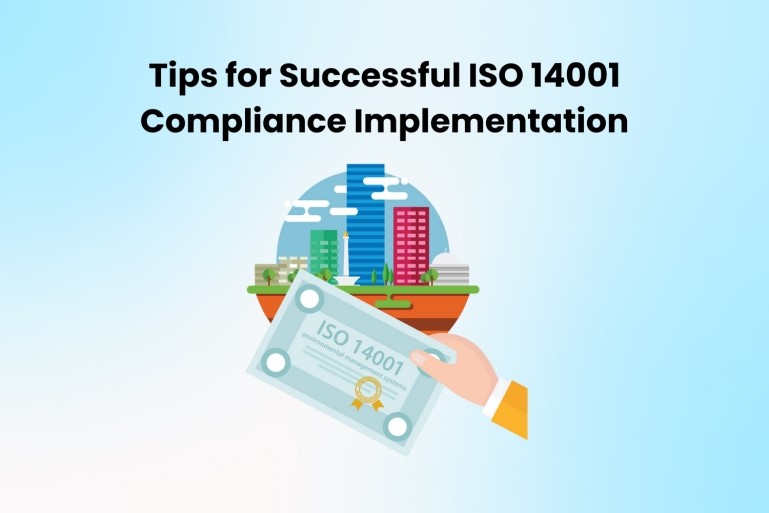The integration of Customer Relationship Management (CRM) systems in Business Process Outsourcing (BPO) operations represents a strategic shift towards more client-centric service models. In an industry traditionally driven by efficiency and cost-effectiveness, the adoption of CRM systems signifies a deeper focus on enhancing customer engagement, personalizing service experiences, and building long-term client relationships.
The move to integrate CRM systems in outsourcing providers is driven by the need to manage and analyze customer interactions more effectively. In today’s digital age, where customer data is abundant, CRM systems provide a structured and analytical approach to harnessing this information. They enable contact centers to track customer interactions across various channels, analyze customer behavior, and gain insights into customer preferences and needs.
One of the primary benefits of CRM systems is the enhancement of customer service. By having a comprehensive view of customer interactions and history, agents can provide more personalized and informed service. This leads to improved customer satisfaction, as clients receive more attentive and tailored responses to their inquiries and issues.
Another significant impact is the improvement in efficiency and productivity. CRM tools streamline customer data management, reducing the time and effort required to access and analyze customer information. This efficiency enables agents to handle customer inquiries more quickly and effectively, leading to faster resolution times and increased customer satisfaction.
However, integrating CRM systems into outsourcing operations is not without its challenges. One major challenge is ensuring that the CRM system aligns with the specific needs and processes of the outsourcing providers. This requires careful planning, customization, and training to ensure that the system is effectively utilized and integrated into existing workflows.
Another challenge is managing the large volumes of data collected and stored in CRM systems. Contact centers must ensure that customer data is handled securely and in compliance with data protection regulations. This involves implementing robust data security measures and adhering to legal requirements regarding data privacy.
The impact of CRM systems extends beyond operational improvements. They have strategic implications for the industry, influencing how outsourcing providers engage with clients and the types of services they offer. CRM systems enable contact centers to move beyond transactional service models to more relationship-driven approaches. By leveraging customer data and insights, BPOs can also offer more strategic services, such as customer experience management and personalized marketing campaigns.
Looking forward, the role of CRM systems is expected to grow. As customer expectations continue to evolve and the importance of personalized service becomes more pronounced, contact centers will increasingly rely on CRM systems to manage customer relationships effectively. This will drive further advancements in CRM technology, leading to more sophisticated and integrated systems.
The integration of CRM systems in outsourcing operations represents a significant development in the industry, emphasizing a shift towards more customer-centric service models. By leveraging CRM systems to enhance customer engagement and personalize service experiences, contact centers can improve client satisfaction and build stronger, more lasting client relationships. As the industry continues to evolve, the effective use of CRM systems will be key to its success and competitiveness in the global market.










